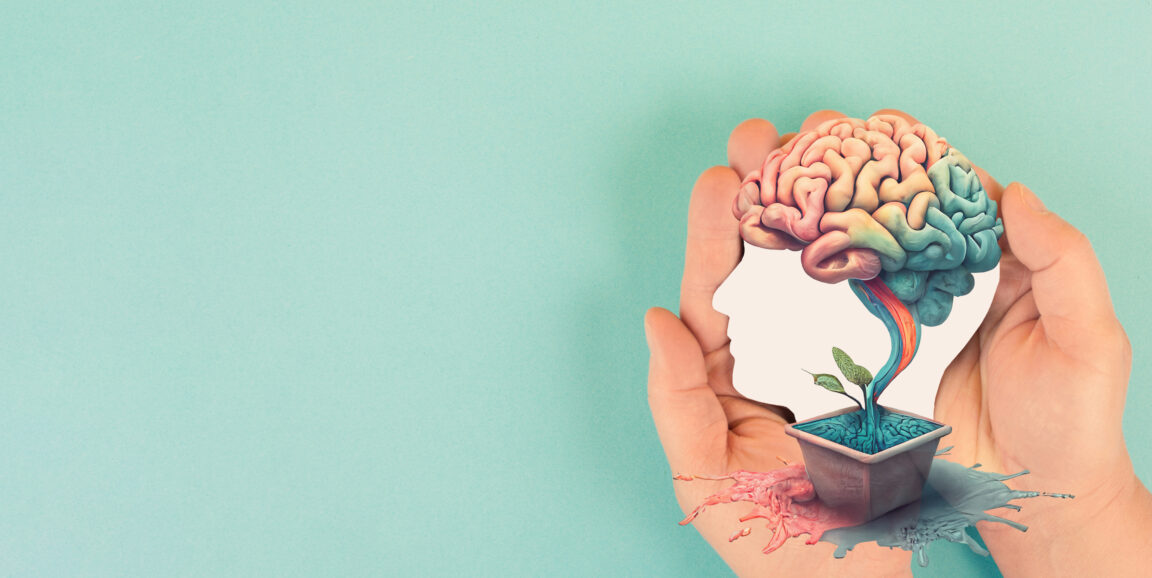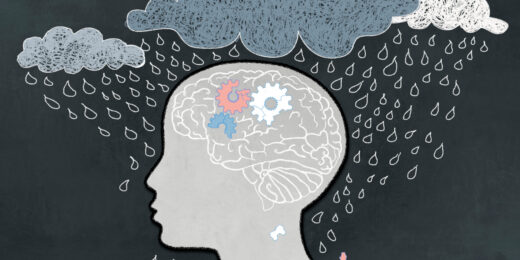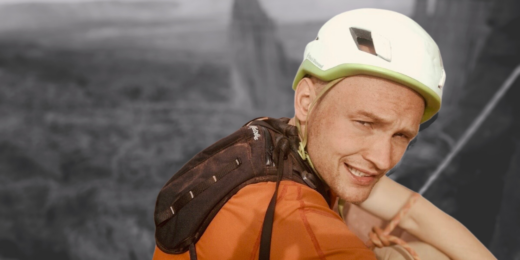In July of 2021, Kaitlyn McCaffery was found unconscious from a head injury on the side of a road in Bali, Indonesia, where she had been touring the country for leisure. Before Bali, she had visited 62 countries mostly as a professional tour guide.
A civilian found her and took her to Sanglah General Hospital in Denpasar, where doctors diagnosed her with a traumatic brain injury. She has no memory of the event and never learned what happened to her.
Now, after months at Stanford Hospital and nearly two years of recovery, McCaffery has started a brain injury support group, called Beat the Bias, for young people that focuses on thriving after a traumatic brain injury. She's partnered with Stanford Synapse -- a student-run organization that offers support and resources to brain injury survivors -- to elevate the visibility of the program.
"People often think that brain injuries only happen to older people," McCaffery said. "Beat the Bias aims to dismantle this misunderstanding and provide positive, fun support for young brain injury survivors."
Road to recovery
At the hospital in Indonesia, McCaffery had a monitor to measure brain swelling, a tracheostomy to deliver oxygen to her lungs, a ventilator to help her breathe and antibiotics to treat a lung infection.
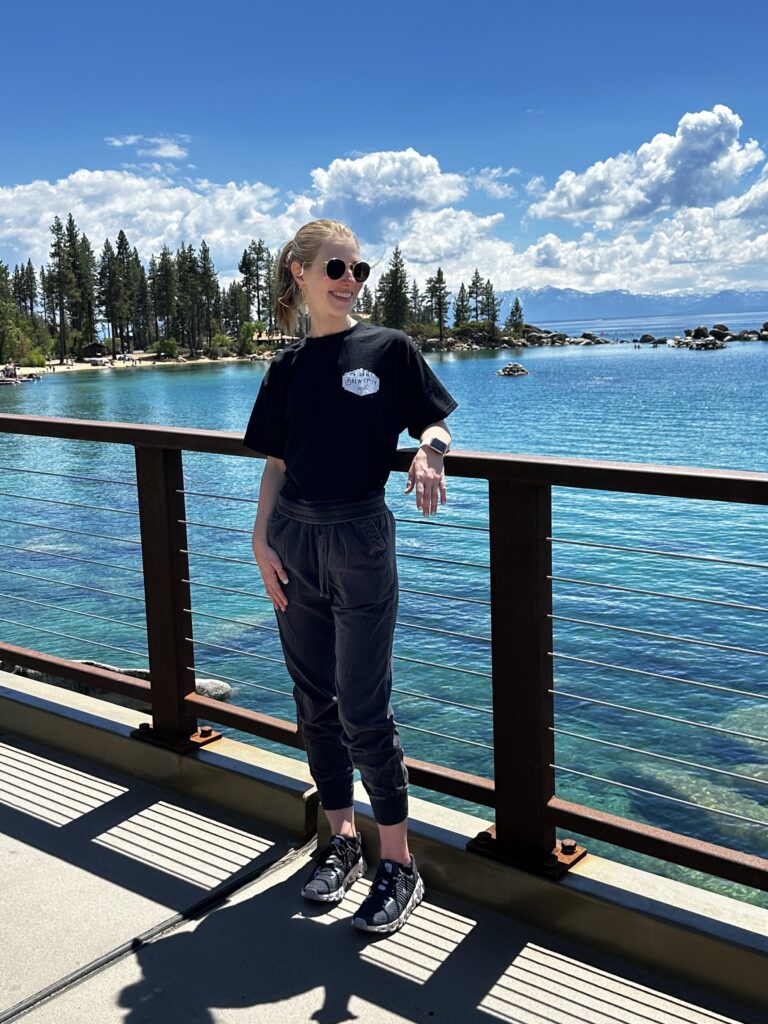
After about a month and a half, she was transferred, at the request of her mom and sister who live in the Bay Area, to Stanford Medicine's Neurocritical Care team in intensive care. During the next two months, McCaffery went in and out of a coma, then was treated for seizures and to repair an opening between her trachea and esophagus, requiring a feeding tube.
After leaving Stanford Hospital, she spent time in several rehabilitation centers to improve her walking, talking and swallowing. Once she was able to walk and talk, she felt ready to tackle the longer road to recovery. High on her list was joining a brain injury support group, but many that she found were geared toward older people who had suffered strokes and falls. McCaffery said they were focused on retirement rather than reinventing themselves.
That motivated her to start a support group that focuses on looking toward the future rather talking about what caused the injury. She organized a local social group called Beat the Bias for like-minded people around her age of 29.
McCaffery said people with brain injuries face many biases: Notably, the average person often assumes survivors are healthy because there are no visible signs of a brain injury. Members of Beat the Bias put on social events to create connections among survivors and provide recovery resources, including helping with everyday logistics for the members who are navigating recovery and returning to professional life.
Building a network through partnership
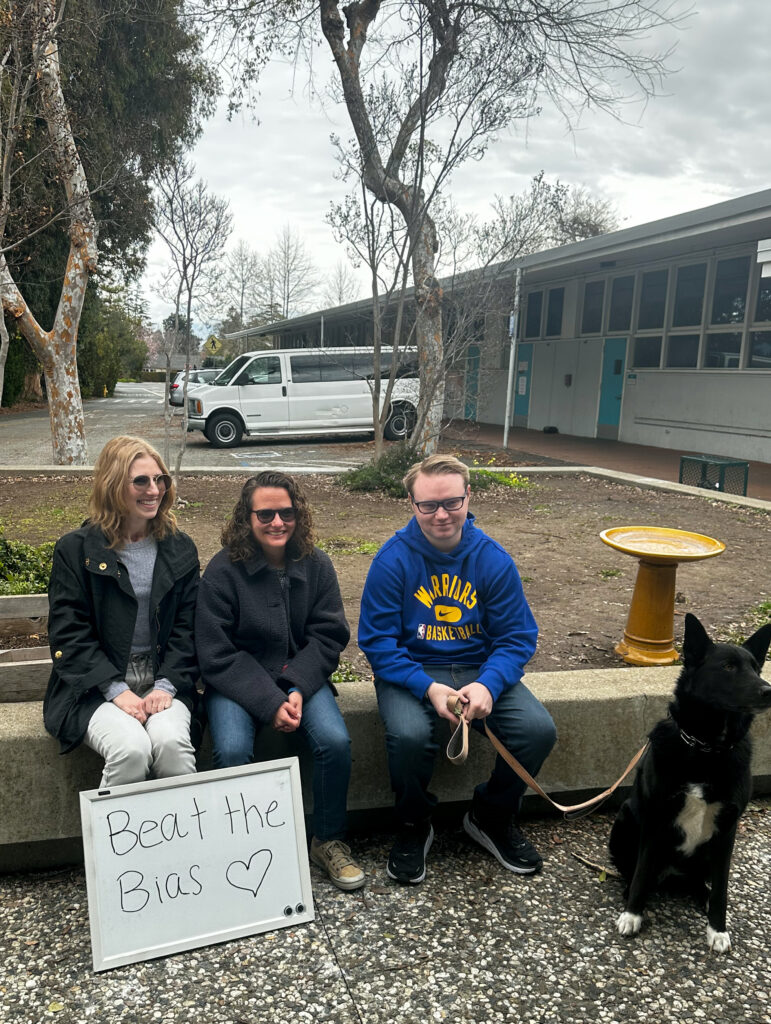
To grow the Beat the Bias network of brain injury survivors, in September 2022, Beat the Bias partnered with Synapse, which organizes a peer support group and a one-to-one buddy support program, among other resources and gatherings.
"Something as exciting as Beat the Bias benefits from being scaled and accessed by as many survivors as possible," said Pranav Gurusankar, who helps lead the Synapse buddy program and is a coterminal master's student in computer science. Synapse is helping build a digital repository of Beat the Bias resources, create an accessible online meeting sign-up and expand Beat the Bias' online presence.
"We can tap into a lot of experience with outreach and event planning, and we wanted to leverage that to help bring this transformative resource to more people. We feel very lucky to be able to contribute to this initiative."
The partnership isn't just for Stanford University affiliates or young people. It's open to anyone. This, McCaffery hopes, will help as many people as possible navigate a life-altering injury.
Though the details of the accident remain a mystery to her, McCaffery said she remains grateful for the care she received at Stanford Health Care that turned the tides on the hardest time in her life.
"I was an independent world traveler for five years and I was never worried about my health," McCaffery said. "With this accident, I have had to learn to walk, talk and swallow. But I am not dwelling on life's new challenges; I'm moving forward."
Top photo by Berit Kessler
Photos courtesy of Kaitlyn McCaffery


